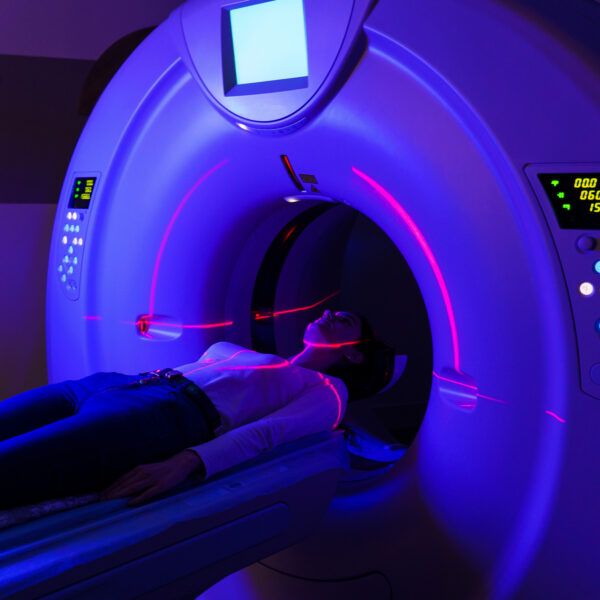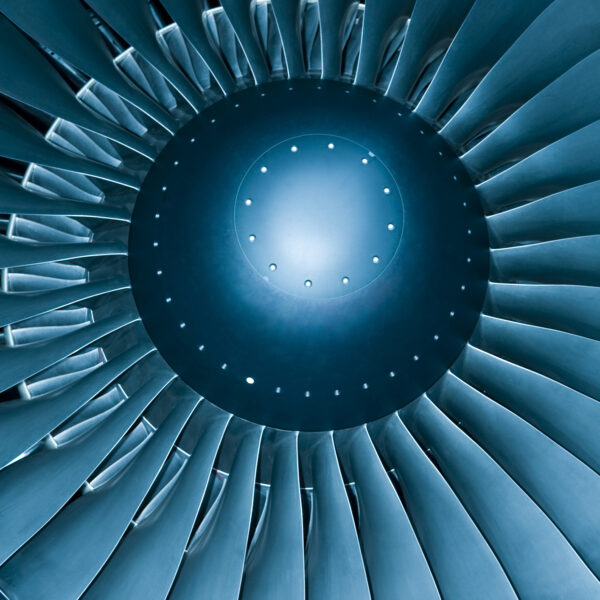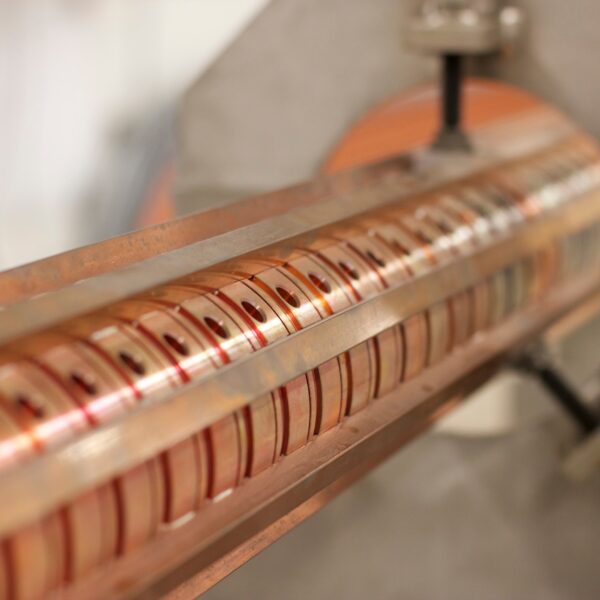We have over 150 researchers from our 5 partners, with world-leading facilities and expertise in:

Novel accelerator technologies

Nuclear & Fusion technologies

Medical imaging and treatment

Materials imaging, processing and testing

Radiofrequency (RF) technologies

